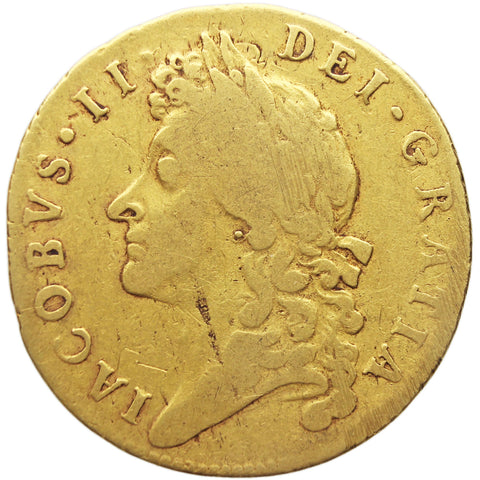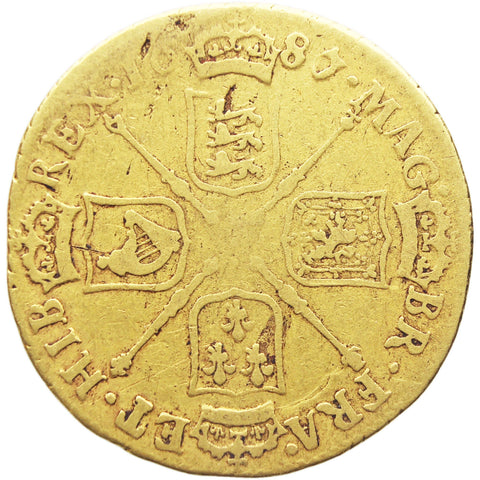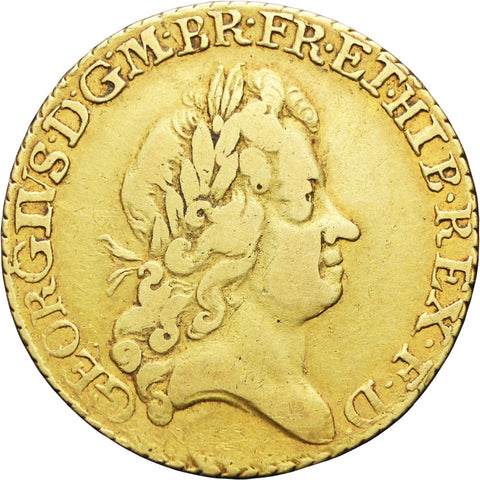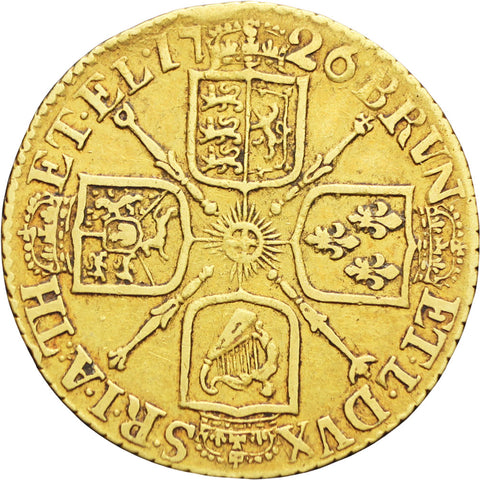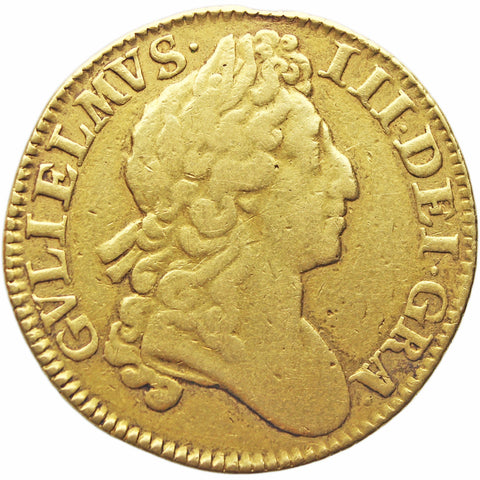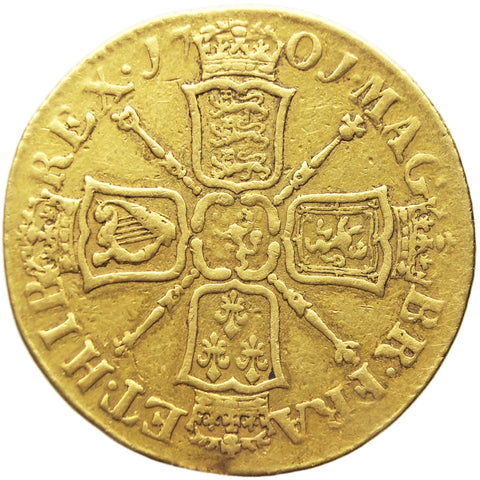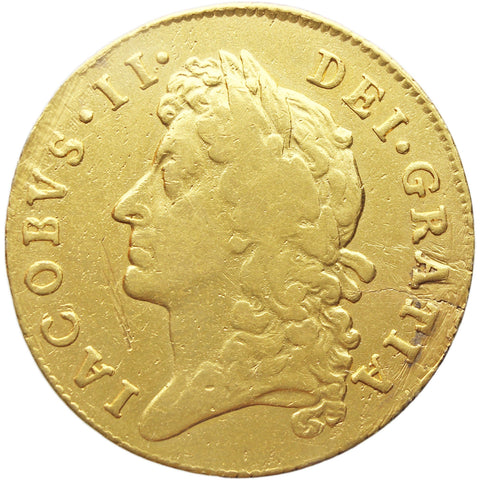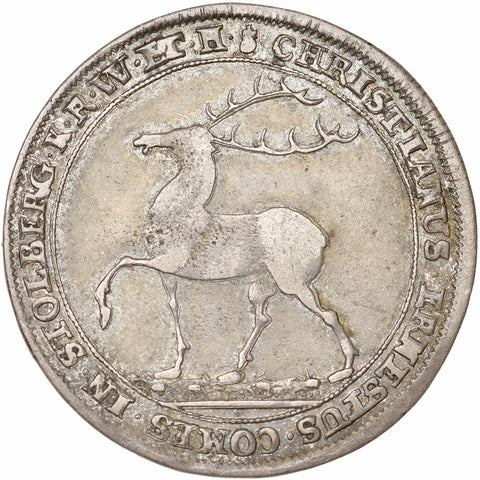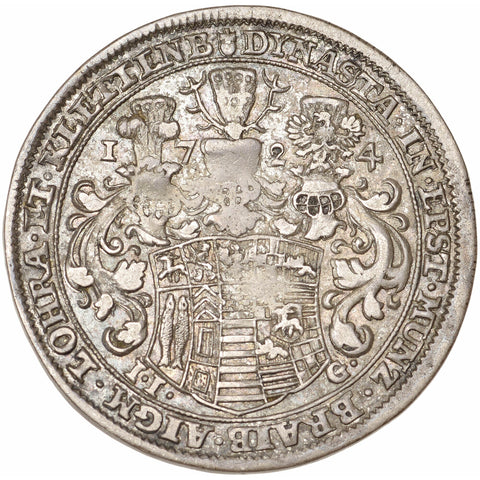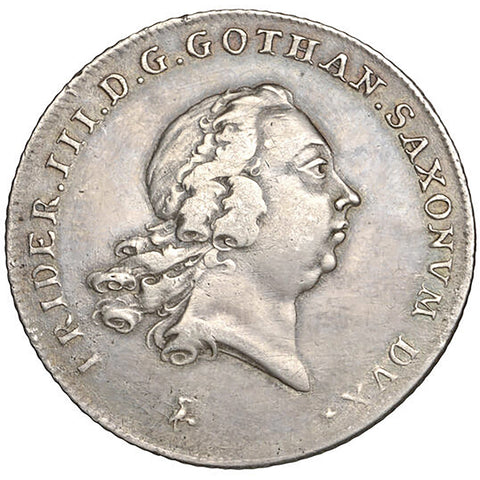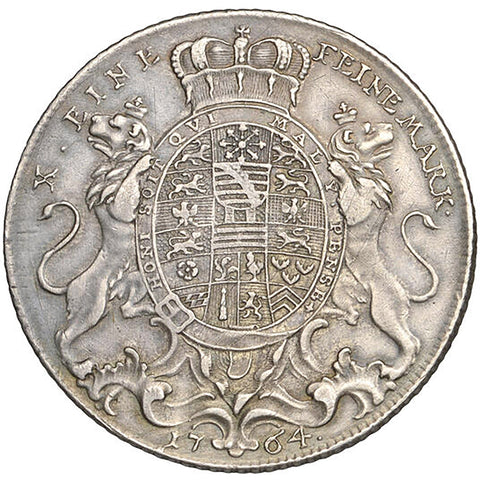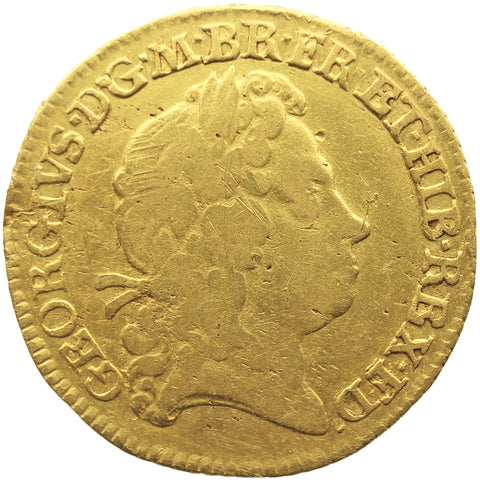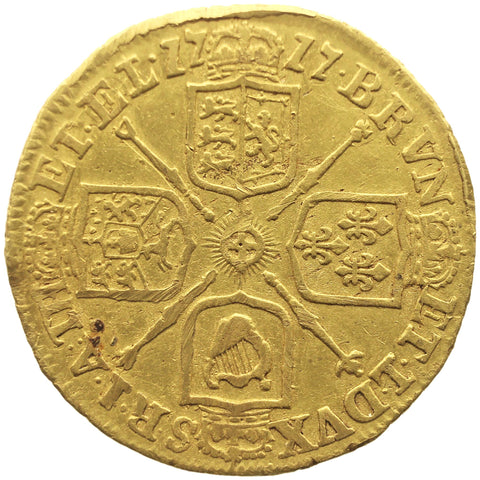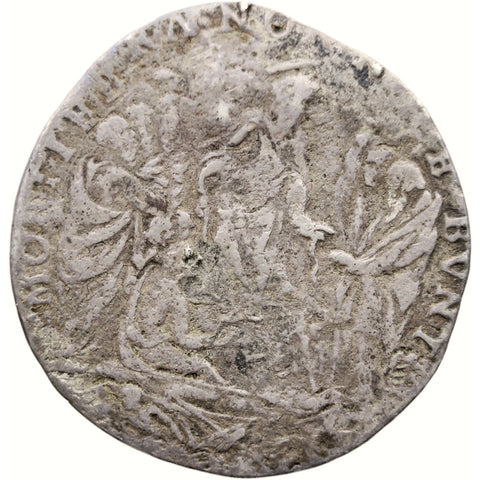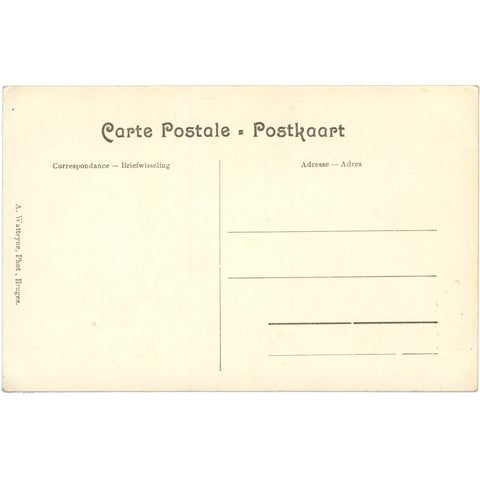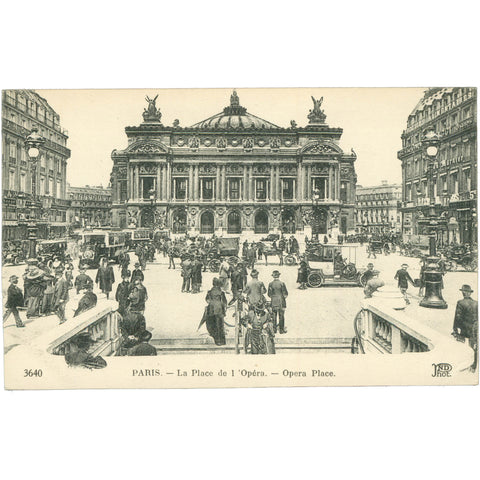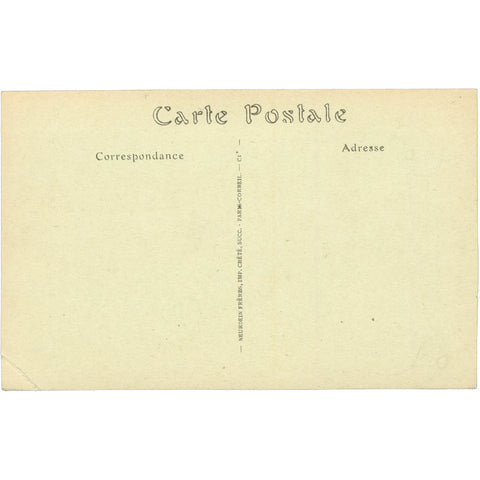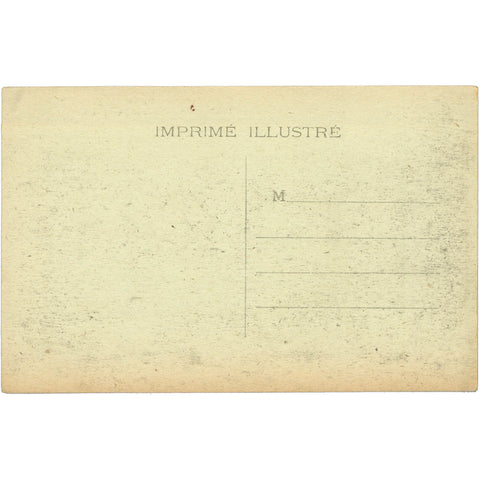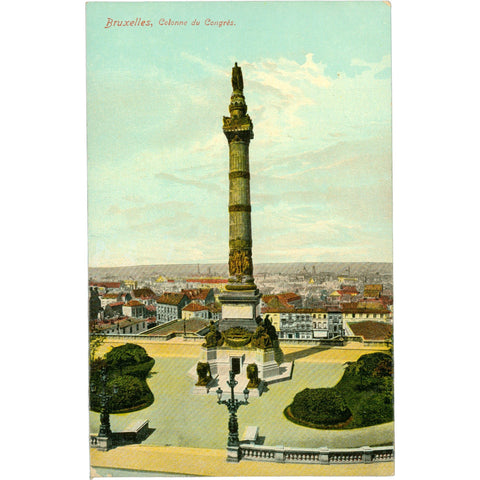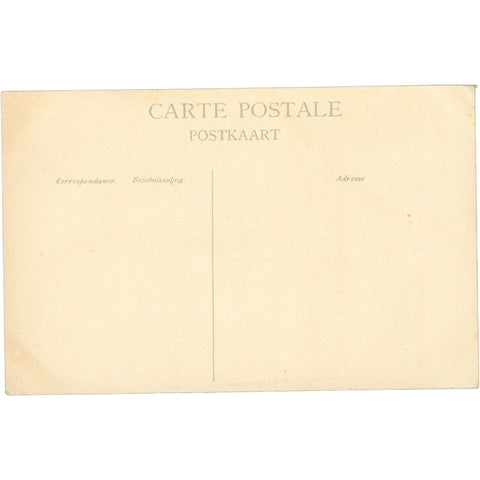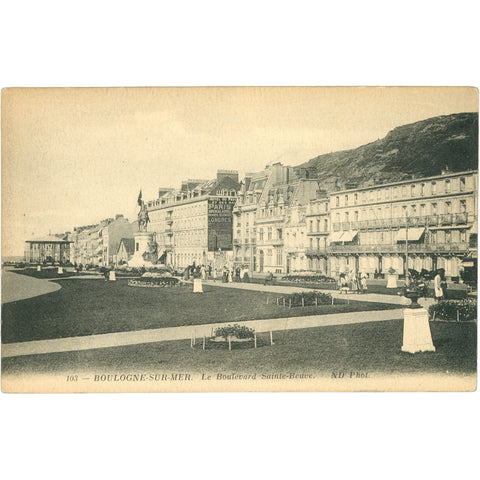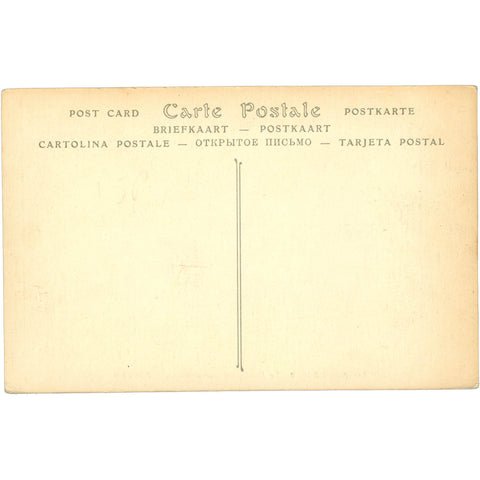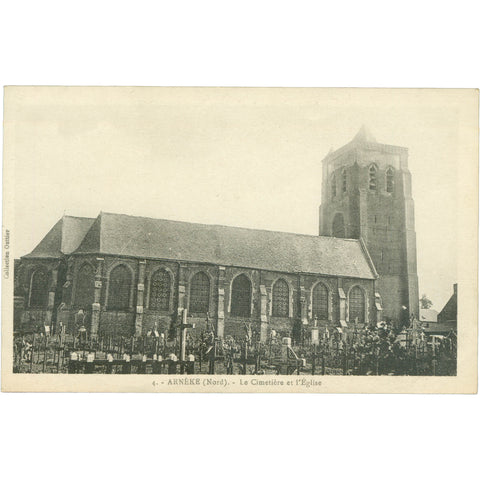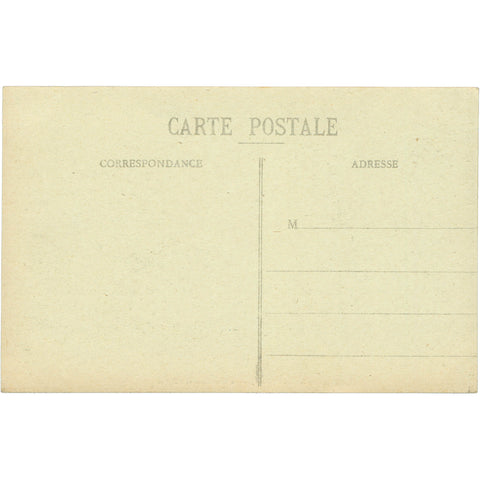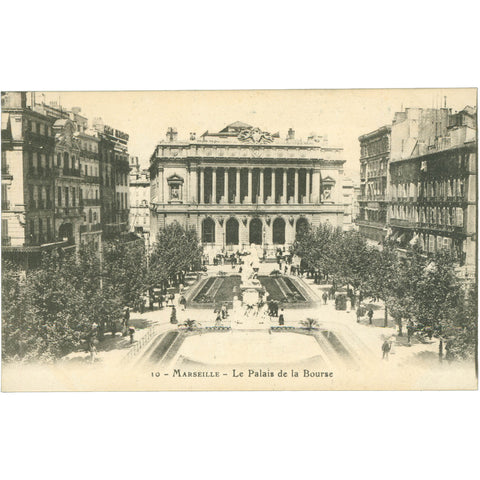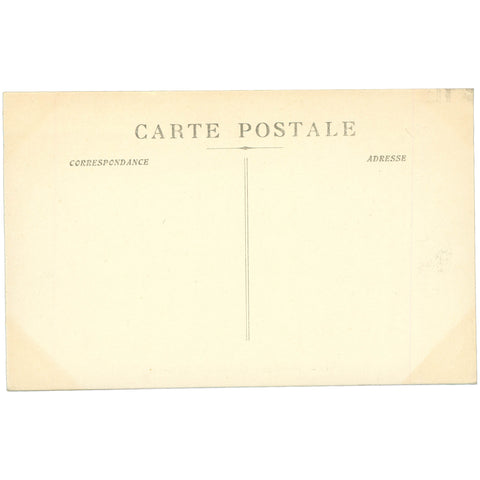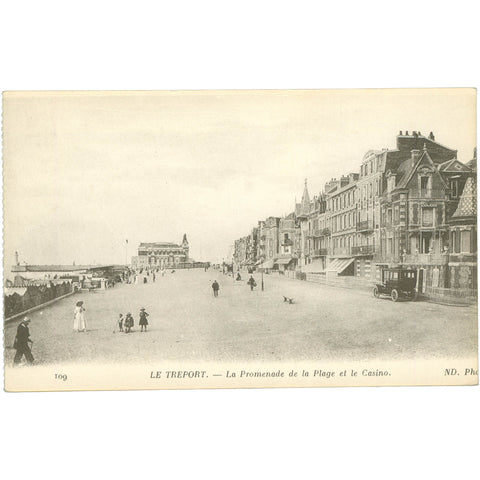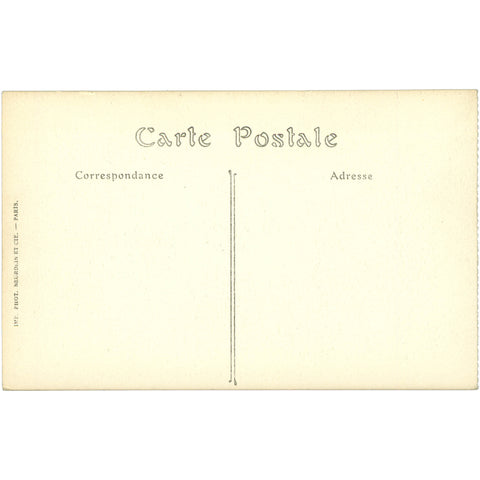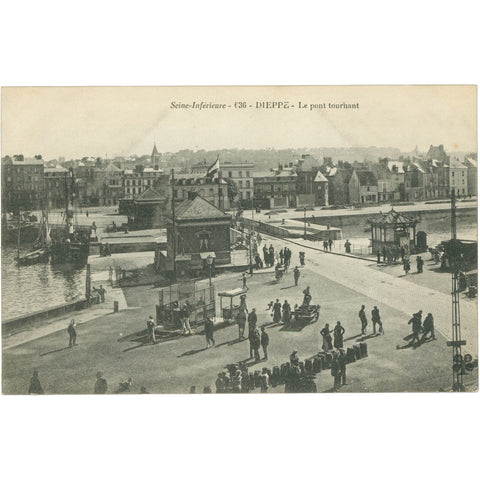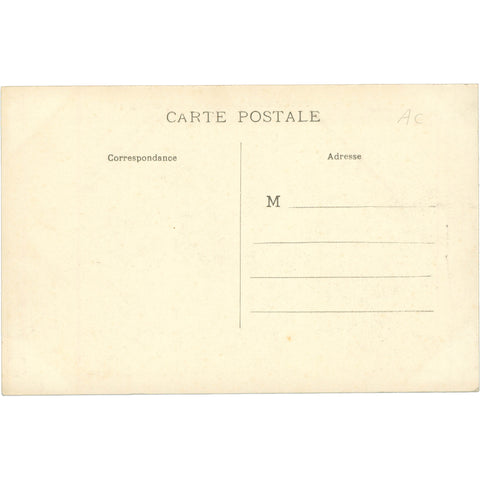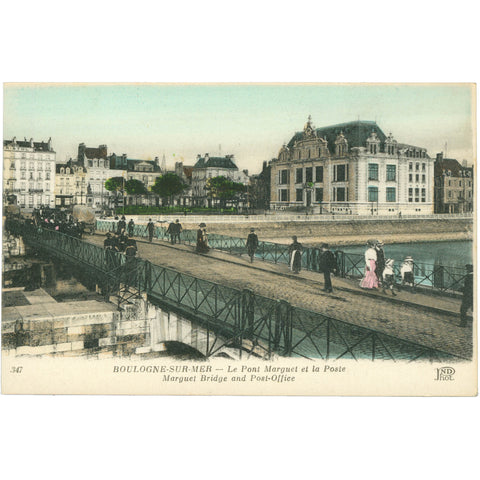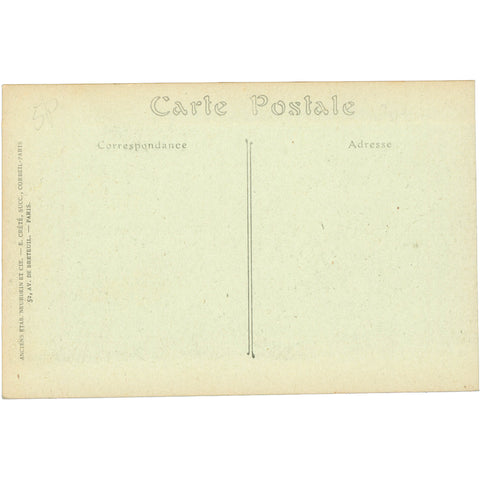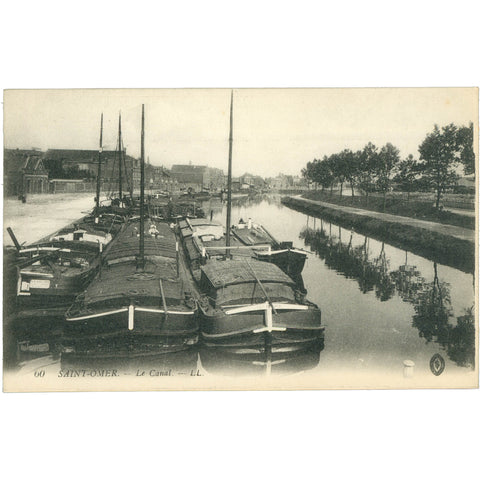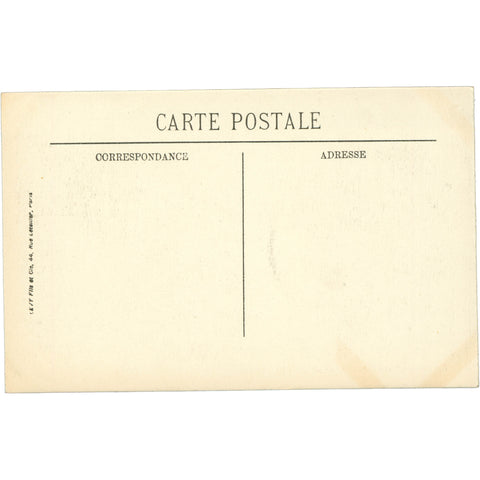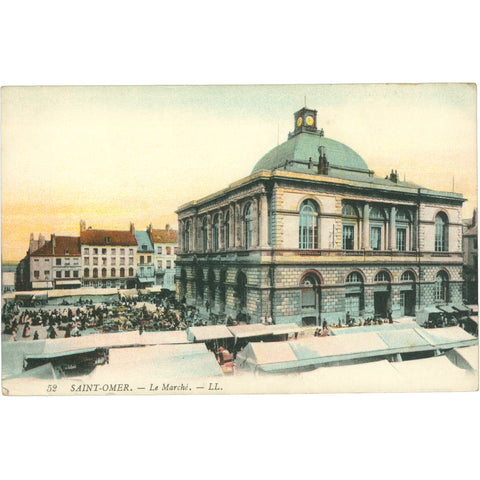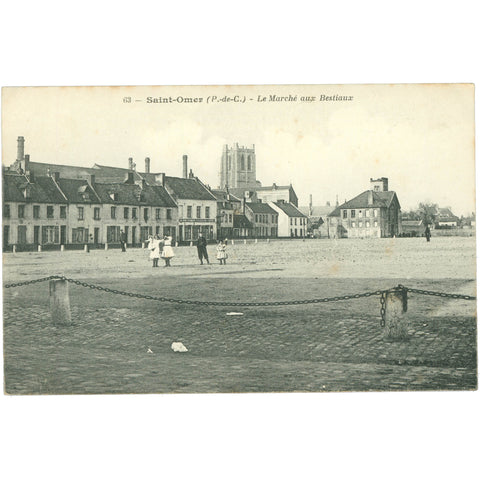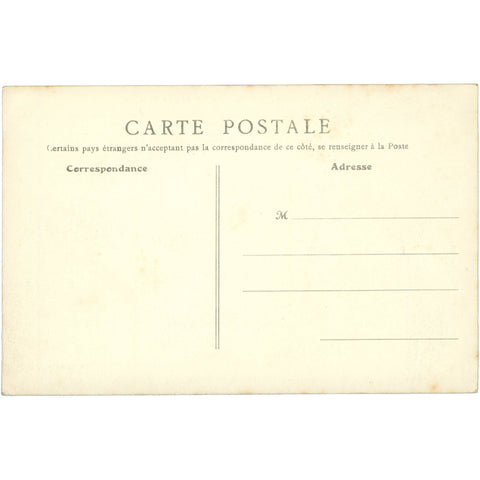The "1951 Festival of Britain" was a national exhibition held in the United Kingdom to showcase the country's achievements in art, design, industry, and science. The festival was organized to lift the spirits of the British people and promote a sense of national unity and pride in the aftermath of the devastation caused by World War II.
The idea for the Festival of Britain was conceived by the Labour government in the late 1940s, led by Prime Minister Clement Attlee. It was seen as an opportunity to celebrate the centenary of the Great Exhibition of 1851, which had been a landmark event showcasing British industrial and technological prowess.
The festival was held on the South Bank of the River Thames in London and featured a combination of temporary and permanent structures. The most famous of these structures was the "Skylon," a slender, futuristic-looking tower that appeared to defy gravity. The Skylon was a symbol of modernity and progress, reflecting Britain's aspirations for the future.
Various pavilions and exhibition halls were constructed to display the achievements of different industries, including engineering, electronics, textiles, and more. The festival also showcased contemporary art and design, with contributions from notable artists and designers of the time.
One of the key objectives of the festival was to promote British arts and culture. It featured performances of music, theater, and dance, as well as literary events and film screenings. The arts section of the festival was directed by poet and writer Gerald Barry, who aimed to highlight the creativity and cultural heritage of the nation.
The Festival of Britain attracted millions of visitors from all over the country and beyond. It was seen as a resounding success, providing a much-needed sense of optimism and hope in the post-war era. The event's impact extended beyond its immediate duration, leaving a lasting legacy on British design, architecture, and cultural expression.
The 1951 Festival of Britain played a significant role in shaping the country's self-image and identity during a time of rebuilding and transformation. It remains a milestone in British cultural history, remembered as a moment of celebration, renewal, and pride in national achievements.
Share































